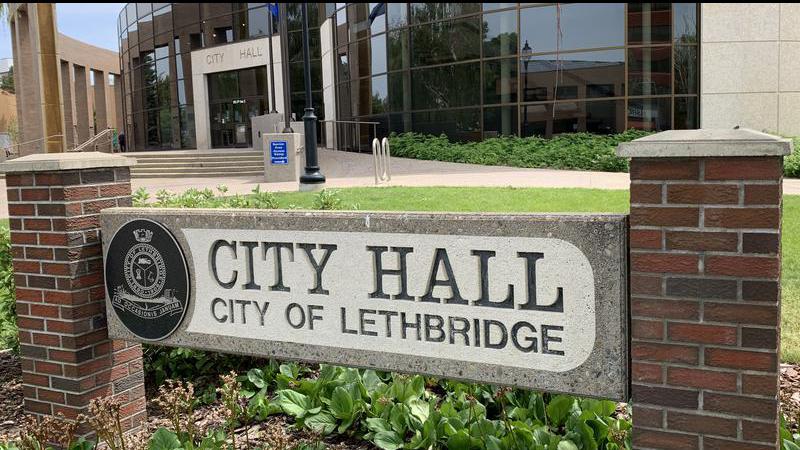
Lethbridge exploring greater involvement in class action opioid lawsuit with Grande Prairie
LETHBRIDGE, AB – “I don’t believe there’s a city in Alberta that’s been more significantly impacted than Lethbridge.”
Lethbridge Mayor Chris Spearman introduced a motion Monday to formally give support to the City of Grande Prairie’s $10-billion class action lawsuit against more than 40 pharmaceutical companies for their alleged role in the opioid crisis.
“These opioids were manufactured. Manufacturers encouraged doctors to prescribe them, and then what happened was, as people could no longer renew their prescriptions, they looked for illicit sources,” explained Spearman. “The drug problem we have today basically originated in over-prescription and encouragement of the use of opioids, which are highly addictive.”
The lawsuit claims that these companies falsely and fraudulently marketed opioids as safe and non-addictive, failed to properly perform long-term studies on the effects of the drugs, and created a false perception of safety and value of opioids in the medical community.